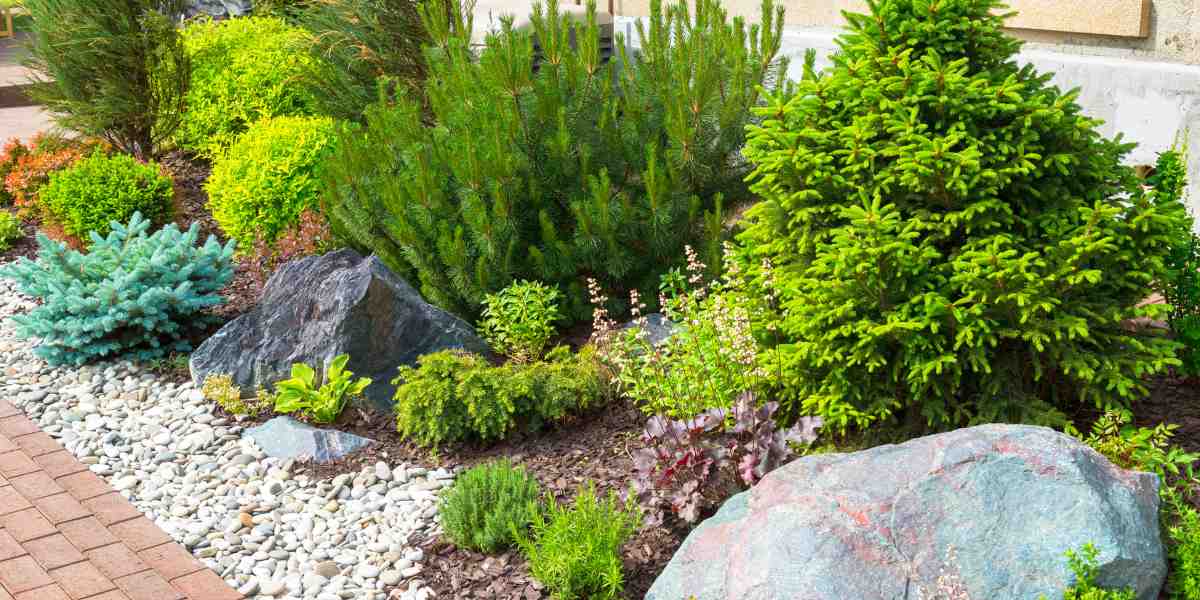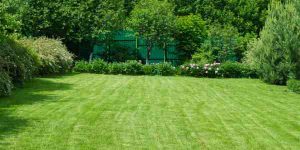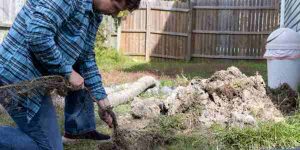Sustainable Landscaping Practices

Sustainable Landscaping Practices
In today’s rapidly changing world, the call for sustainability echoes across industries, including landscaping. At Impact Landscapes, we recognize the importance of embracing sustainable practices to protect the environment and create vibrant outdoor spaces that stand the test of time. Join us as we explore the principles and benefits of sustainable landscaping and how they guide our approach to creating thriving landscapes.
Understanding Sustainable Landscaping:
Sustainable landscaping is a holistic approach to outdoor design that prioritizes environmental stewardship, resource conservation, and biodiversity. It involves thoughtful planning, efficient use of resources, and the integration of native plants and wildlife habitats to minimize environmental impact and promote ecosystem health. At Impact Landscapes, we believe that sustainable landscaping is not only about creating beautiful outdoor spaces but also about fostering a deeper connection with nature and leaving a positive legacy for future generations.
Water Conservation:
Water is a precious resource, particularly in arid regions where drought conditions are becoming increasingly common. Sustainable landscaping practices emphasize water conservation through the use of efficient irrigation systems, drought-tolerant plants, and water-smart design principles. At Impact Landscapes, we design and install drip irrigation systems, rainwater harvesting systems, and smart irrigation controllers to minimize water waste and promote healthy plant growth. By optimizing water use, we help our clients reduce their water bills and conserve this precious resource for future generations.
Native Plants and Wildlife Habitat:
Native plants are the backbone of sustainable landscapes, providing essential habitat and food sources for local wildlife while requiring minimal water and maintenance. At Impact Landscapes, we prioritize the use of native plants in our designs, selecting species that are well-adapted to the local climate and soil conditions. By incorporating native plants into our landscapes, we create vibrant ecosystems that support pollinators, birds, and other wildlife, enhancing biodiversity and ecological resilience.
Soil Health and Fertility:
Healthy soil is the foundation of sustainable landscapes, providing essential nutrients, moisture retention, and support for plant growth. At Impact Landscapes, we promote soil health through the use of organic amendments, composting, and soil testing to assess nutrient levels and pH balance. By nurturing healthy soil, we create optimal growing conditions for plants, reduce the need for chemical fertilizers, and support beneficial soil microorganisms that contribute to ecosystem health.
Reducing Chemical Inputs:
Chemical pesticides and fertilizers can have detrimental effects on human health, wildlife, and the environment. Sustainable landscaping practices prioritize natural and organic alternatives to synthetic chemicals, such as integrated pest management (IPM) techniques, companion planting, and biological controls. At Impact Landscapes, we work closely with our clients to develop customized pest and weed management strategies that minimize chemical inputs while promoting long-term plant health and vitality.
Energy Efficiency:
Energy-efficient landscaping design can help reduce energy consumption, lower utility bills, and create comfortable outdoor living spaces year-round. Sustainable landscape features such as shade trees, pergolas, and living walls can help mitigate the effects of solar heat gain and reduce the need for air conditioning in hot climates. At Impact Landscapes, we incorporate energy-efficient design principles into our projects, maximizing natural ventilation, optimizing solar orientation, and selecting materials with low embodied energy to minimize environmental impact and enhance outdoor comfort.
Community Engagement and Education:
Sustainable landscaping is not just about individual properties; it’s about building resilient communities that work together to protect and enhance the natural environment. At Impact Landscapes, we engage with our clients and local communities to raise awareness about the benefits of sustainable landscaping and provide resources and educational opportunities to inspire positive change. Through workshops, seminars, and community outreach programs, we empower homeowners, businesses, and municipalities to embrace sustainable practices and become stewards of the environment.
Conclusion:
Sustainable landscaping is not a trend; it’s a mindset—a commitment to creating landscapes that thrive in harmony with nature while enriching the lives of those who inhabit them. At Impact Landscapes, we believe that sustainable landscaping is the key to building a greener, healthier, and more resilient future for generations to come. By embracing the principles of sustainability and innovation, we can create outdoor spaces that are not only beautiful and functional but also regenerative and enduring.



